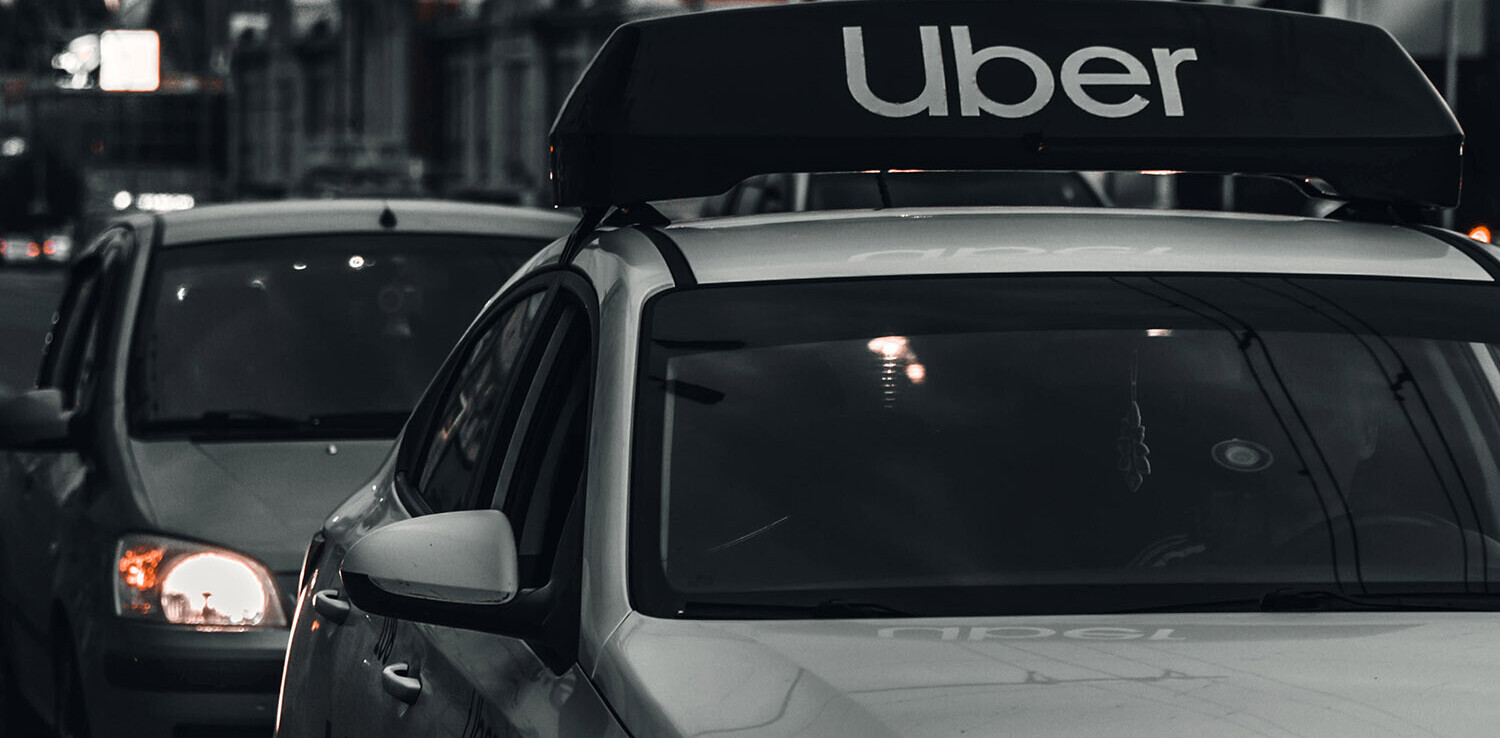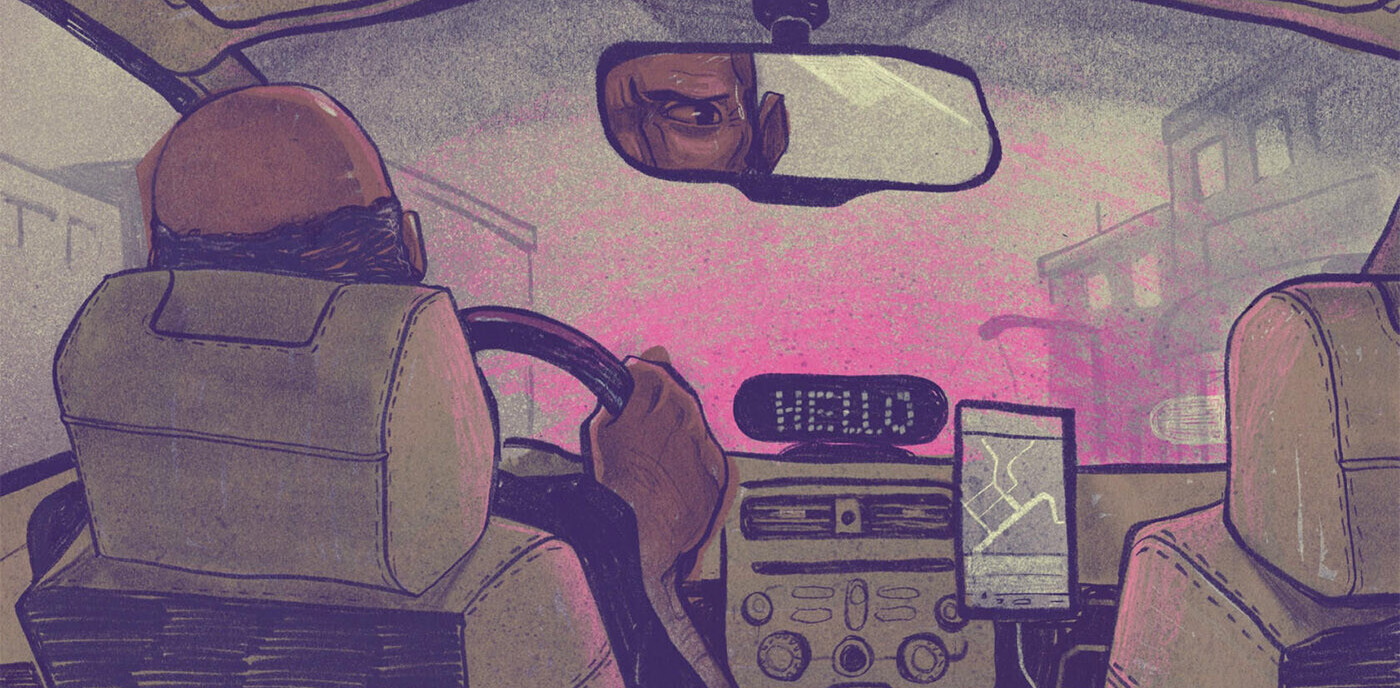
South Africa’s Commission for Conciliation, Mediation and Arbitration (CCMA) has made a ruling that Uber drivers are now able to form unions, bargain and strike. This effectively means Uber drivers in South Africa are treated like employees, and not independent contractors, as Uber argued.
The ruling is interesting in that it allows drivers to bargain directly with Uber and not just their immediate employers, as is the case with some drivers who do not own their own Uber cars and drive for someone else, or a company.
Drivers in South Africa have faced many challenges, among them constant battles and harassment from meter taxi drivers who do not want them to operate. This has led to Uber drivers stating that they sometimes work under unsafe working conditions and some have further stated, as part of the case presented at the CCMA, that they are subjected to unfair dismissals by being deactivated on the Uber platform without any reasons being given.
Drivers are sometimes deactivated from the system without reasons given. Some have referred unfair dismissals to the CCMA.
“The CCMA, however, was confronted with the problem that these cases couldn’t be heard because Uber insisted that they are not employees, and that they are rather independent contractors, and that they cannot be involved in any dispute in the CCMA. So, what the award has done, is it unpacked the respective parties views on what the relationship is, and it has concluded that the Uber drivers are in fact employees,” said Bradley Conradie, Uber South Africa’s Legal Representative.
This ruling comes almost a year after several hundred Uber drivers in South Africa decided to join the South African Transport and Allied Workers’ Union (SATAWU) as they argue that they felt they were being exploited by ride-hailing platform.
At the time, July 2016, the drivers indicated that they were planning to take Uber South Africa to the labor court. It will also be interesting to follow and observe if Uber drivers in other Afrikan countries will follow the same route and if the laws in the various countries reach the same decision as South Africa’s CCMA has reached.
This post was originally published by iAfrikan. Check out their excellent coverage and follow them down here:
Get the TNW newsletter
Get the most important tech news in your inbox each week.





